Want to know where the candidates stand? We sent questionnaires to 500-plus local candidates across Southwest and Southside, as well as the candidates for Senate and U.S. House. We’ve posted their responses in our Voter Guide.
Council civility, better schools, tax rates and lower crime rates were all mentioned as issues the Lynchburg City Council needs to address during a candidate forum Thursday night sponsored by Cardinal News.
As far as the upcoming election, which will seat representatives from each of the city’s four wards, all but one of the 10 candidates — Ward II Republican candidate Rodney Hubbard — said they plan to accept the results of the Nov. 5 election.
Hubbard, who is running against Ward II incumbent Sterling Wilder, a Democrat, and independent challenger Tori Howard, said he is concerned about the location of one of the ward’s four voting precincts: the II-3 polling place, located at the Jubilee Family Development Center.
Wilder, who is running to retain his seat for a third term, is executive director of the nonprofit organization, which provides educational and social opportunities for at-risk youths and their families.
“That’s a concern for me,” Hubbard said. “So I’m not necessarily going to say that I’m going to agree to the results if he still has a precinct in his building.”
Wilder did not address Hubbard’s comments about the voting site, or any other criticisms Hubbard had of the incumbent during the evening.
The acceptance of voting results was a catalyst for some tumultuous moments for Lynchburg’s council, since two sitting members — Ward III Councilman Jeff Helgeson and at-large member Marty Misjuns — questioned the results of the Ward IV Republican primary, which incumbent Chris Faraldi won by 33 votes over Peter Alexander, their preferred candidate.
The aftermath of this dispute has resulted in concerned citizens throughout the city, said Ward I independent candidate Cameron Howe, who is running against Republican Jacqueline Timmer and Democrat Randy Smith.
“Lynchburg has been making the news for all the wrong reasons, and we don’t need egos,” Howe said. “We need policy, accountability and efficiency.”
Smith, who is part of a Democrat-sponsored slate of candidates that also includes Wilder in Ward II, James Coleman in Ward III and Ward IV candidate April Watson, echoed Howe’s comments, then reminded the audience that the lack of civility was the result of the actions of Republicans on the council.
The other prevailing topic throughout the forum was schools. The council-appointed school board has been grappling over the fate of two elementary schools, Sandusky and T.C. Miller, which the board voted to close in October 2023, only to flip that decision the following May.
While the schools remain open, candidates who addressed the subject had mixed opinions of how to go forward with updating the facilities and how to pay for them.
Here are some of the major themes that arose in each ward:
Ward I: Cameron Craddock Howe (I) vs. Randy Smith (D) vs. Jacqueline Timmer (R)
Open seat; MaryJane Dolan is retiring.
Ward I races are traditionally closely contested, and this will be the first time since 2008 that the ballot will include three candidates. All three candidates agreed that civility among the council members is important. What the council should be addressing in a civil manner differed quite a bit.
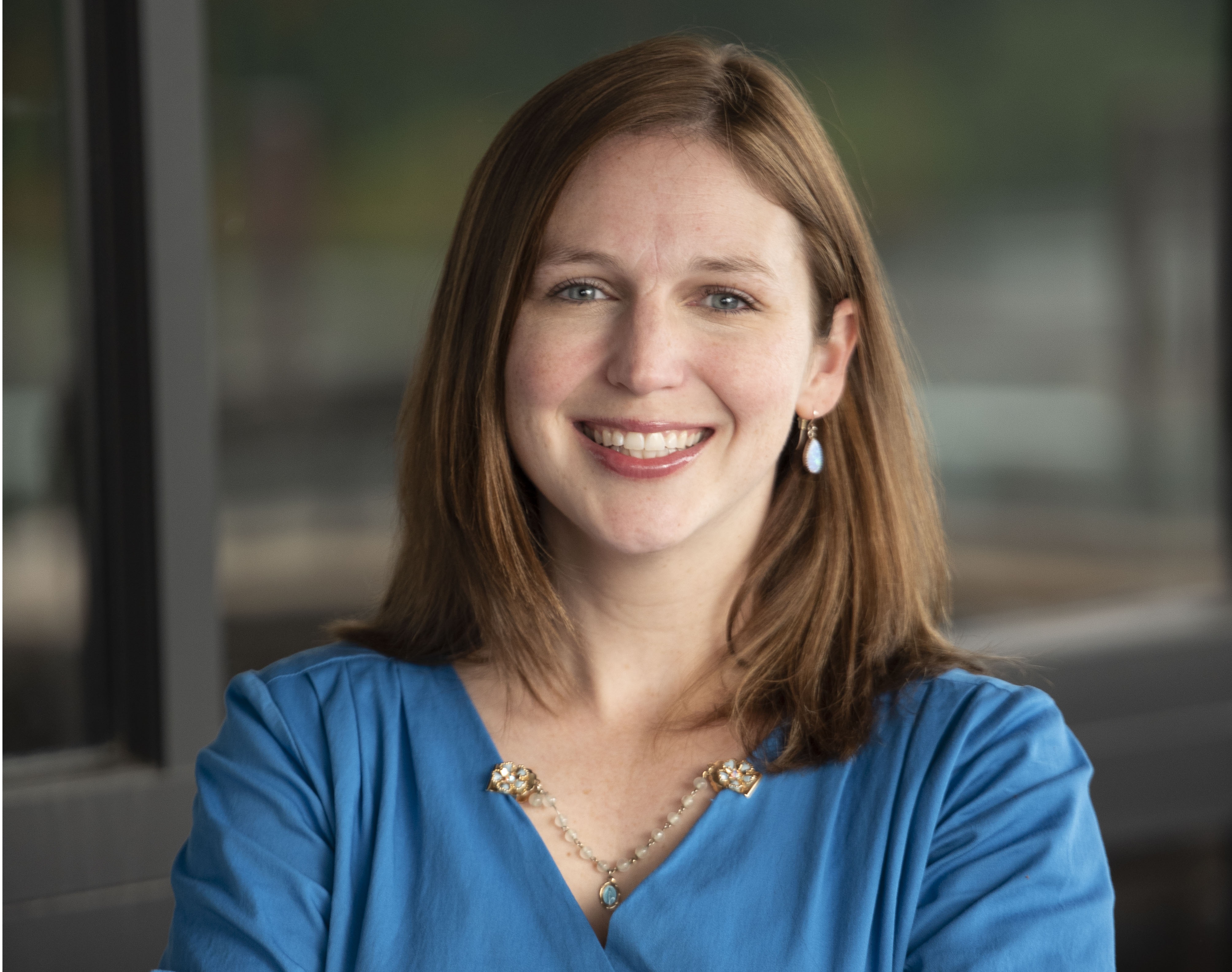
Outgoing council member MaryJane Dolan served as an independent and retired after two terms, saying her decision was made in part because she believed there should be term limits.
Those details were not lost on the unaffiliated Howe.
“We need term limits on council,” Howe said when addressing what she thought were top issues for the city. “I’m running as an independent because we don’t need party politics to determine what’s going on with the council.”
Smith called the civility issues on the council “a source of embarrassment” and pointed out that it appears to be a problem Republicans are having with themselves. He said he joined the Democratic slate because he likes the other three candidates, and if all four were elected, there would be no conflict among them.

Smith added that he is in favor of decreasing tax rates but thought that the council’s vote last year to drop the real estate tax rate to 89 cents was too much, too fast and that the council made a mistake not listening to the recommendations of city employees they hired to advise them on the matter.
“They told us what was the right number … and it was ignored,” Smith said. “The number that was chosen for reasons I do not understand.”
Timmer said when she speaks to Ward I residents, civility has come up frequently, but she disagrees that going with a slate of Democrats is the best solution and believes a Republican-dominated council is in Lynchburg’s best interest.
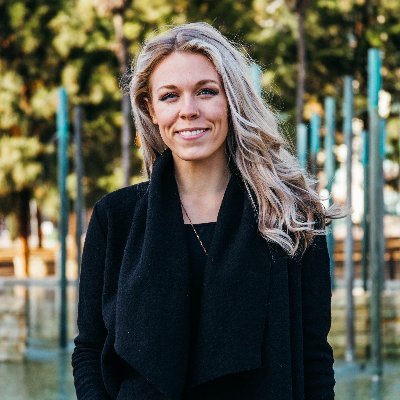
“We can say potholes don’t have partisanship, but what does is priorities,” Timmer said. “That is because we need to look at our frame of reference and the decisions we’re making on council.”
Timmer joined the other Republicans in supporting the reduction in property tax rates, saying it offset the rapid rise in property values. She said the city needs to become more welcoming to small and medium-sized businesses, which would generate more revenue.
All three pledged to work with whatever the council looked like if they were elected.
Ward II: Tori Howard (I) vs. Rodney Hubbard (R) vs. Sterling Wilder (D)
Wilder is the incumbent.
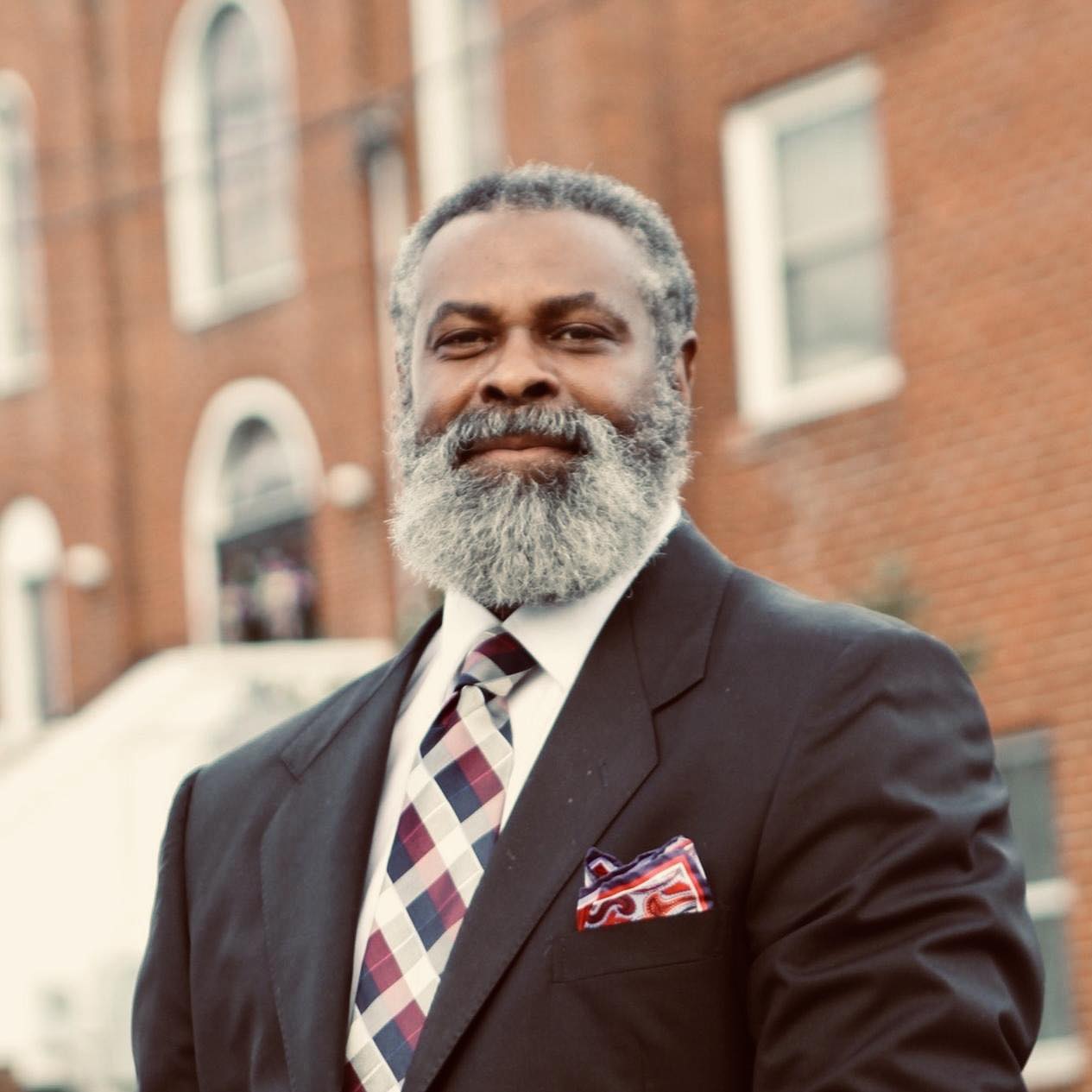
The three candidates here focused much of their conversation on crime, poverty and finding ways to revitalize their ward.
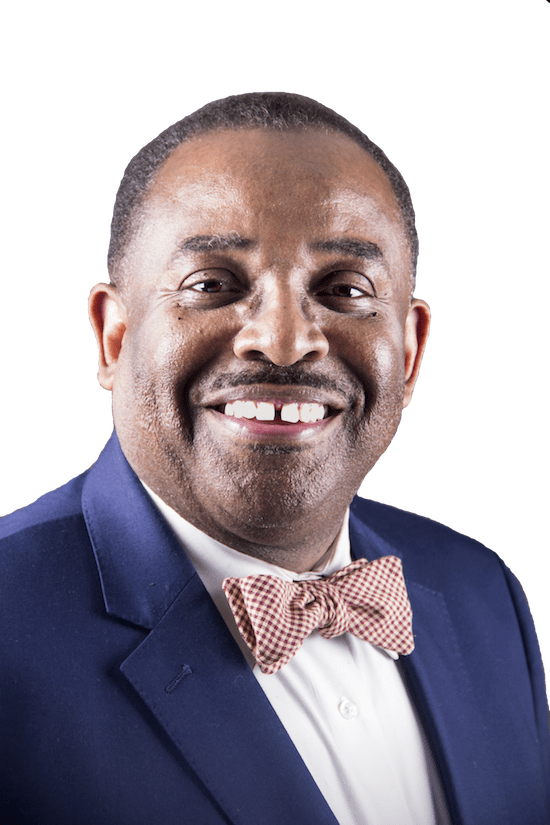
“People in Ward II do not feel safe coming outside,” said Hubbard, who said he is a small-business owner in the area. “They don’t even talk to their neighbors or walk a block away from home.”
He believes the city needs to bring back manufacturing jobs and small businesses that have been lost in the area.
Wilder agreed with Hubbard to an extent, saying that crime is often a byproduct of poverty issues in Ward II. He said combating these problems is part of what his nonprofit organization addresses.
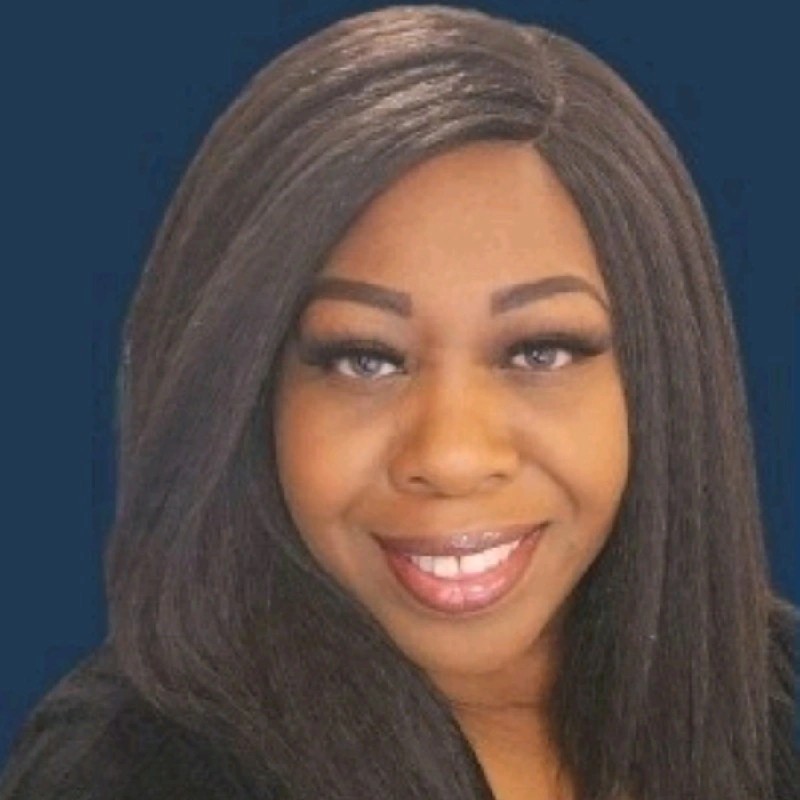
Howard, the independent candidate, agreed that safety is a concern and encouraged creating a policing model that includes problem solving, engaging with youth and community action teams.
The Ward II candidates were also asked about the Fifth Street revitalization project.
Both Howard and Hubbard said the plan includes business restrictions that are too strict and that the zoning restrictions are inconsistent.
Ward III: James Coleman (D) vs. Curt Diemer (R)
Open seat; Jeff Helgeson is retiring.
There was no drama during the back-and-forth between Diemer and Coleman, even when they were critical of each other’s platforms. Diemer said that while he did not see eye to eye with Coleman on many of the issues, he thought a lot of his opponent personally, which made Coleman smile.
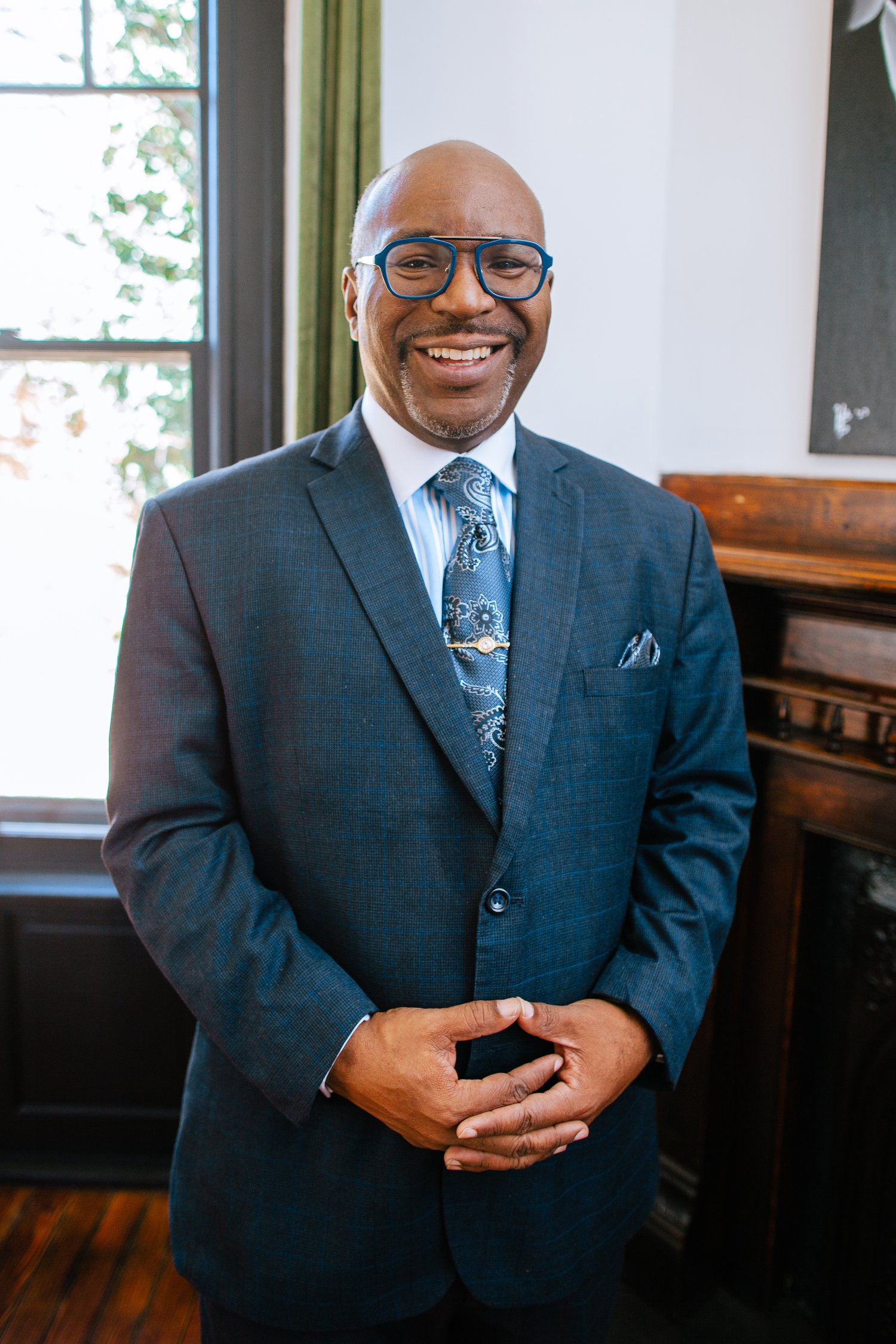
“You may think I don’t like this guy — well, I like this guy a lot,” said Diemer, who added that the two had agreed to debate each other prior to the election in a Ward III location that has yet to be determined. “I’ve enjoyed getting to know you. … I may disagree with you on some of your policies that I don’t think work. But I want to listen to the people, and you clearly want to do the same, and I respect you a lot.”
The two were divided on tax questions and were critical of each other’s records.
Diemer said he believes dropping the property tax rate to 89 cents was not aggressive enough because the rise in property values means property owners will still be paying more.
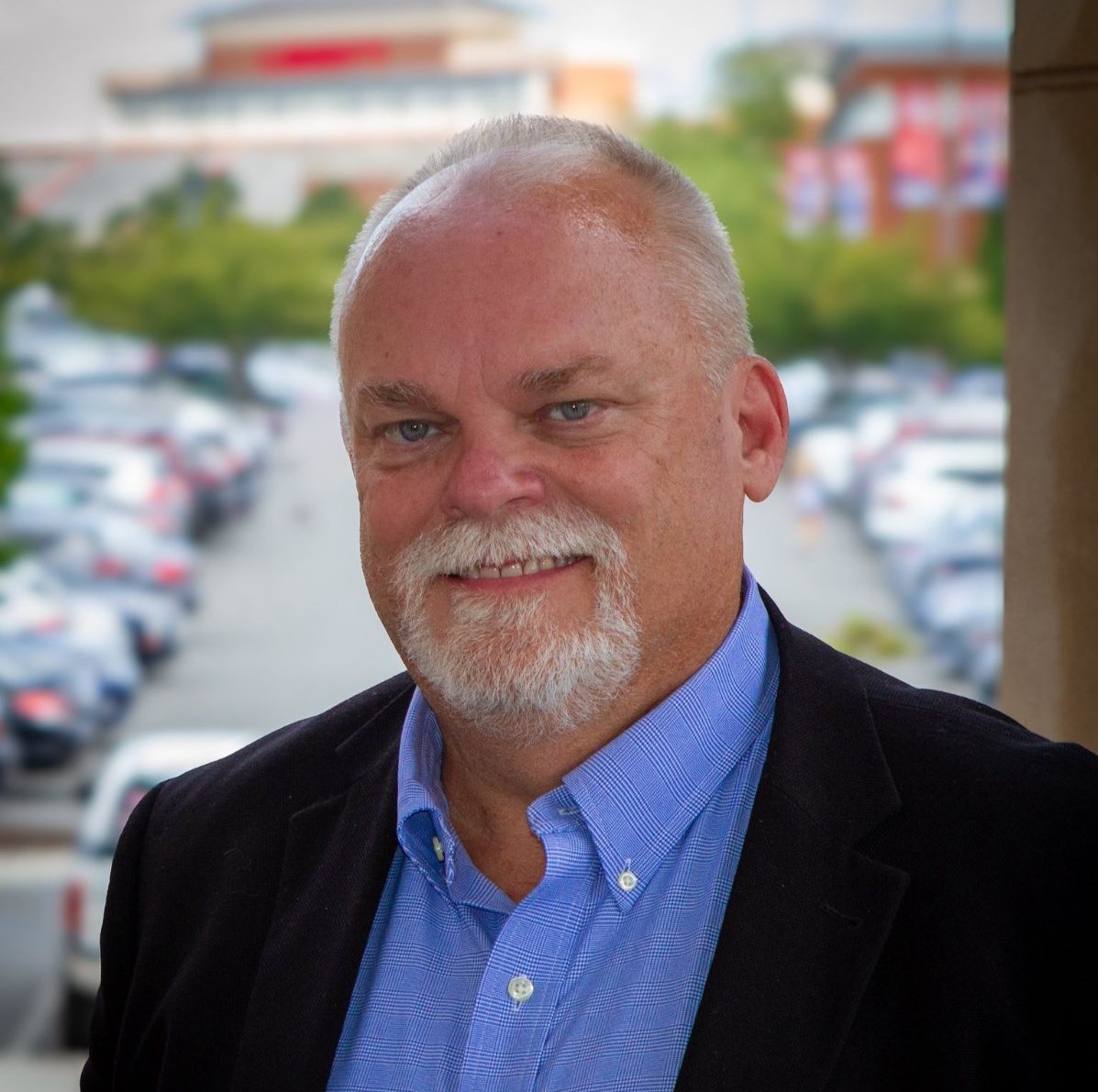
Coleman said Diemer’s views on taxes were not a surprise since Deimer was endorsed by Helgeson in September, when the latter announced that he was withdrawing from the 2024 election instead of seeking a sixth term.
“Just like I have a record, there’s a record out there that ties my opponent to the current council person in our ward. You’ll be getting more of the same.”
Diemer said that while Coleman was on the school board, the district fell short when it came to test scores, student discipline, teacher satisfaction and quality of schools, while administrative costs and total overall spending for the schools had gone up.
“It’s not that we are not spending enough money,” Diemer said. “Of all the measurable ways that [the schools] have gone down during your leadership, now is not the time to ask for a promotion to city council.”
Ward IV: Chris Faraldi (R) vs. April Watson (D)
Faraldi is the incumbent.
No ward would have been more affected by the closing of Sandusky and T.C. Miller elementary schools than Ward IV. Sandusky is located in the heart of the ward, while T.C. Miller, which is on the edge of Ward II, is the neighborhood school for many Ward IV families.
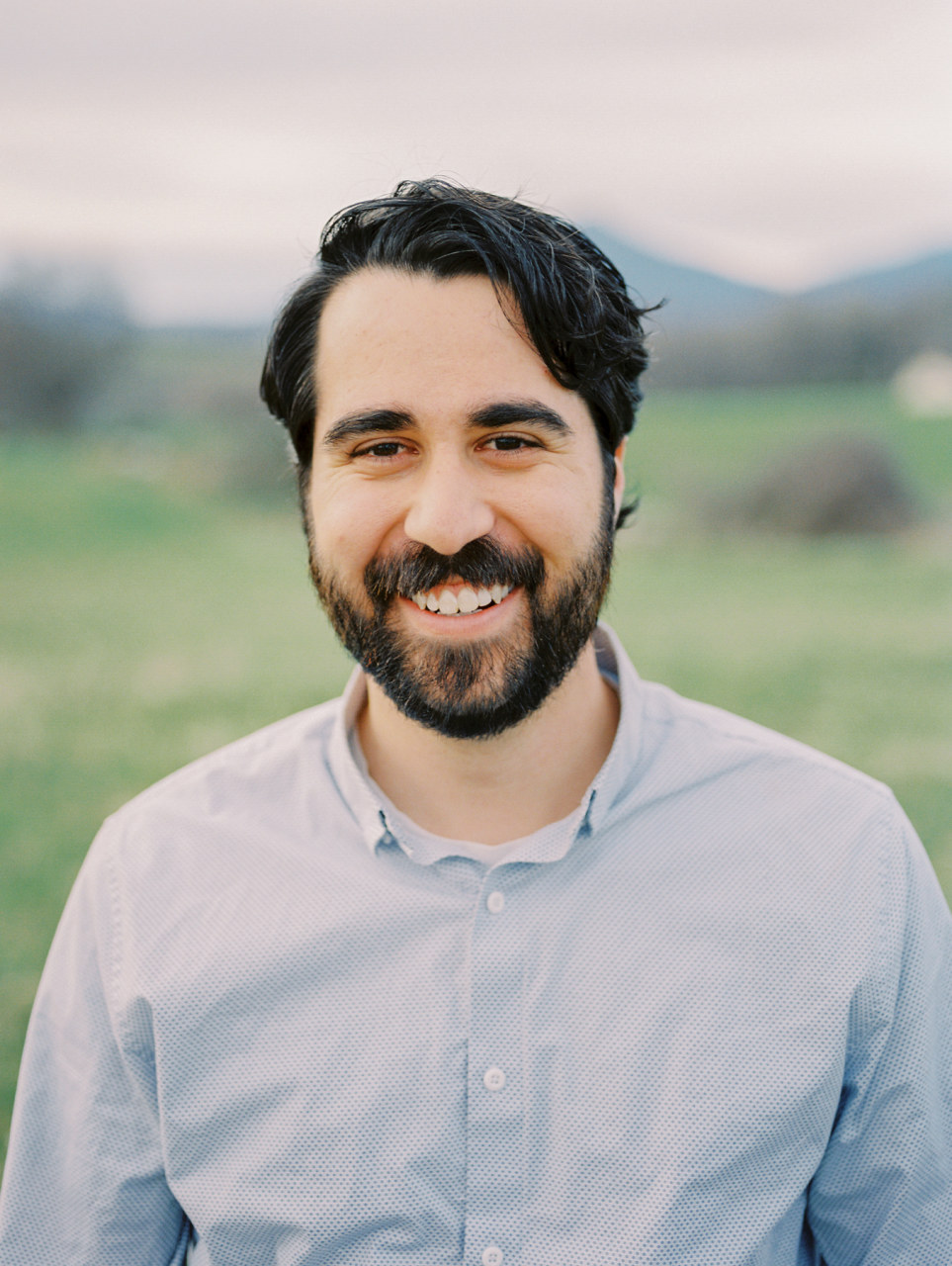
Both Faraldi and Watson listed education, taxes and public safety as priorities in their candidacy.
“My goal is to empower public safety, expand educational opportunity and embrace economic growth — it’s that simple,” Faraldi said. “[I want to] deliver good, conservative solutions for the citizens of Lynchburg.”
He said that during his first term, he supported measures that lowered taxes, brought jobs back to the city, expanded the city’s economy and cracked down on crime.
He also reaffirmed his support of the property tax cut, saying that due to the rapid increase in property values, the general fund still went up and there was still plenty of money for the city to do business.
“The issues with the schools year over year over year, that’s not a new issue,” Faraldi said. “It’s been a problem for a long, long time. That’s why Republicans are committed … to getting the dollars to our teachers and making sure our parents have the schools that they deserve. We can do that with what we have already done with the tax rates.”
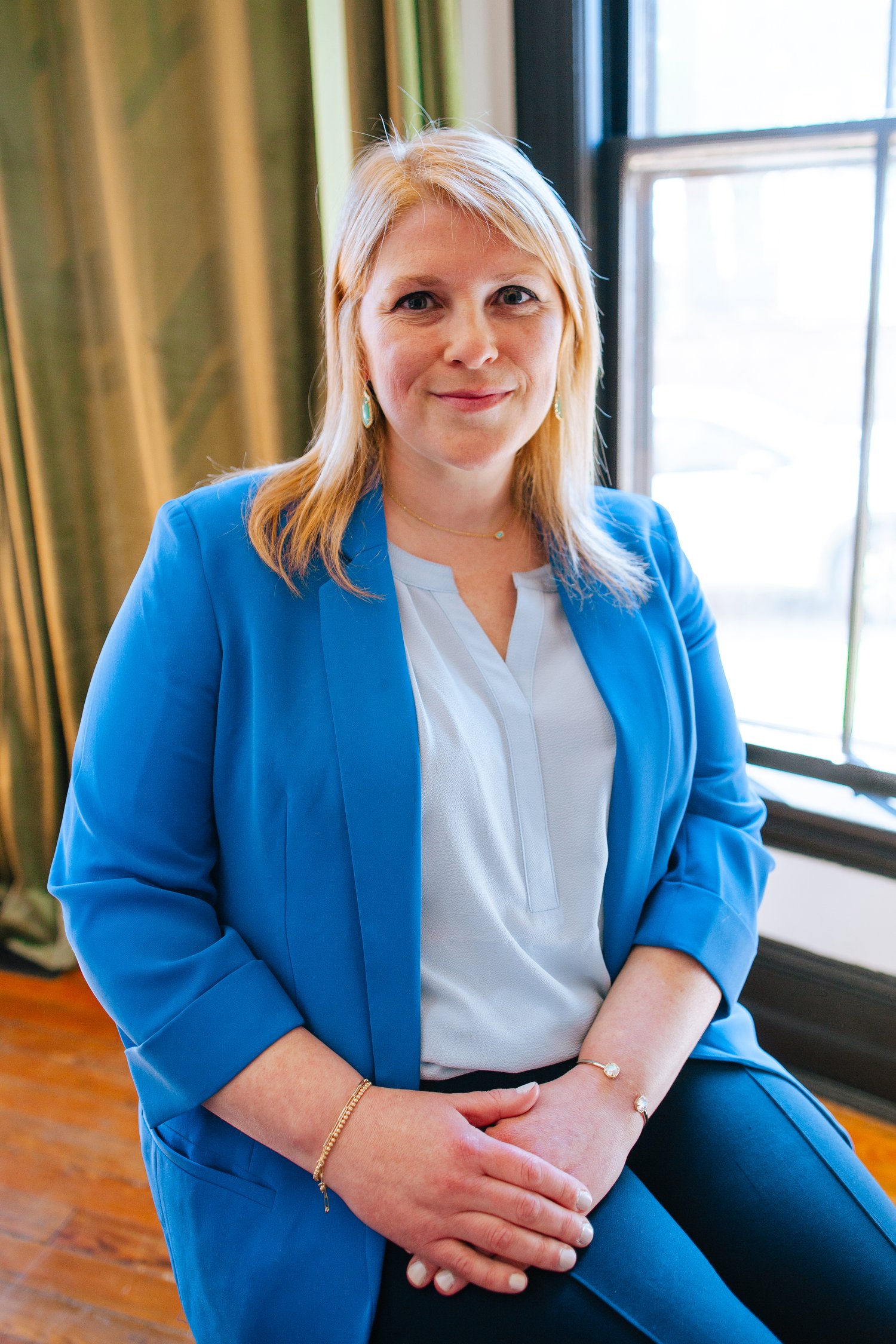
Watson countered that she believed the property tax cut was too extreme and more than what the city manager’s office had advised, and she said she believes it will lead to more financial stress for the school division. She said residents questioned the size of the cut and asked the council to consider a number somewhere between 89 cents and the previous rate of $1.11, but that was never considered.
She presented that move as one reason anyone in the ward looking for a better school situation needed to vote for her.
“I’m the only parent on the stage who has small children currently enrolled in Lynchburg City Schools,” she said. “The decisions that are made about our schools — who we appoint on the school board and how we fund the schools — will impact my family for years to come. These decisions are critical.”
Faraldi was also pressed by the moderator about whether he would be able to work with fellow Republican council member Misjuns even though he joined the majority in voting twice to censure Misjuns. He called Misjuns one of the most “analytic minds” he has come across.
“The man knows how to dig, and we need that,” Faraldi said. “You may disagree with what he’s driven to do, but he’s incredibly driven. … I think he and I share a lot of the same goals.”
Watson was asked if she supported the two censures. She didn’t answer directly and instead said that she wishes things had never reached that point and that the community should not be moved to elect leaders who would push the envelope so far as to need to be publicly rebuked.
“When people show you who you are, believe them,” Watson said. “Maybe they can eventually earn your trust in other ways, but you get who you vote for.”



